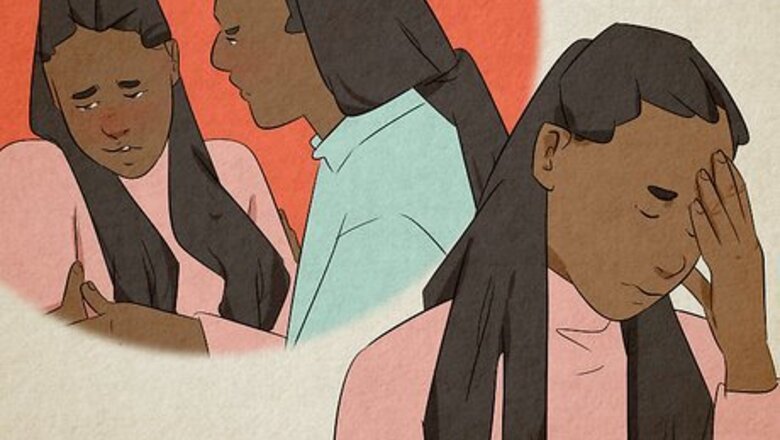
views
- Vulnerable narcissists can feel shy and insecure but ultimately mask their shame to appear better than other people.
- A vulnerable narcissist is extremely sensitive to criticism and will play the victim because they feel their life is unfair.
- Vulnerable narcissists use fake empathy to get what they want, no matter the cost.
What is a vulnerable narcissist?
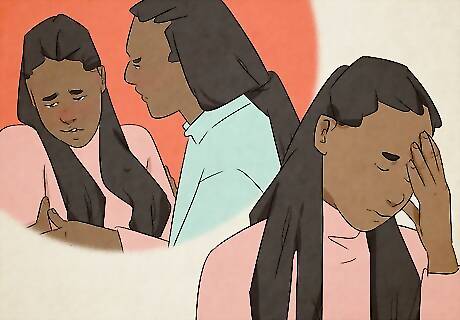
A vulnerable narcissist is a type of narcissist that feels self-conscious and insecure. This form of narcissism makes a person hypersensitive and reserved. When vulnerable narcissists aren’t put on a pedestal, they’re can become anxious. Overall, vulnerable narcissists need constant validation and praise to feel good about themselves; otherwise, they’ll fall into a depressive or anxiety-ridden episode. Narcissistic behavior often stems from a traumatic childhood. If a child is left to feel inferior due to divorce, abuse, or neglect, they may develop a narcissistic personality disorder (NPD). For instance, someone raised in an unstable, destructive, or toxic household may adopt vulnerable narcissistic tendencies because they didn’t experience empathy or compassion at a young age.
Signs of Vulnerable Narcissism

They’re highly sensitive to criticism. A vulnerable narcissist can’t cope with negative feedback. Any critique of their work, appearance, or attitude feels unjustified or unfair to them. Although they’re often critical of others, they don’t respond well to personal feedback.

They avoid social interactions. When it comes to watching a movie at home or going to a party, vulnerable narcissists always choose a home movie. They use introversion to mask their insecurities because they’re scared to show their flaws. This introverted nature makes them anxious in social situations, and they’d prefer to spend time with themselves over others.
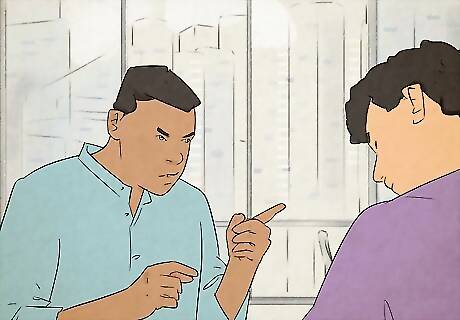
They shift blame. Vulnerable narcissists tend to point fingers and constantly play the victim. Rather than taking responsibility for their actions, they’ll blame other people for them so they’re never in the wrong. This is because they’re scared to show their true selves, flaws and all.

They’re self-absorbed. Despite their anxious and introverted nature, vulnerable narcissists are preoccupied with their own feelings and thoughts. They’ll often push aside someone else’s needs unless they benefit their own. This is their way of masking their insecurities to appear superior.
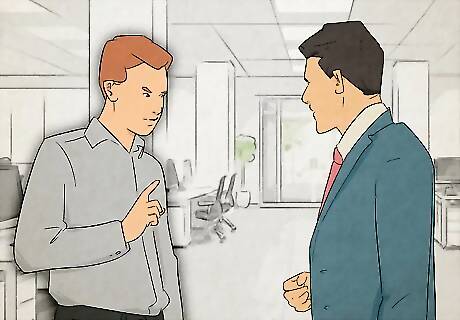
They tend to be negative. Vulnerable narcissists deal with an overwhelming amount of negative emotions about themselves and the world. Because of this, they’re more likely to look at the glass half empty rather than half full. This negative perspective can hinder their confidence, affect their mood, and make them anxious.
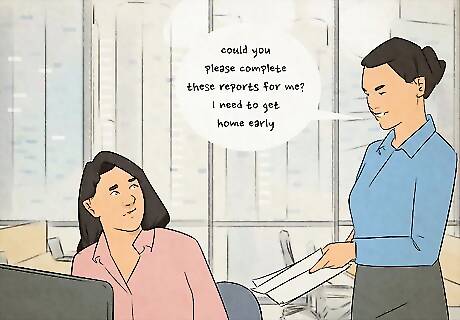
They take advantage of others. Empathy isn’t impossible for a vulnerable narcissist, but it can be difficult because of their insecurities. They may silently scheme or discretely manipulate to get their way, even if that means hurting someone else’s feelings. This is their way of hiding their true selves and masking their flaws.
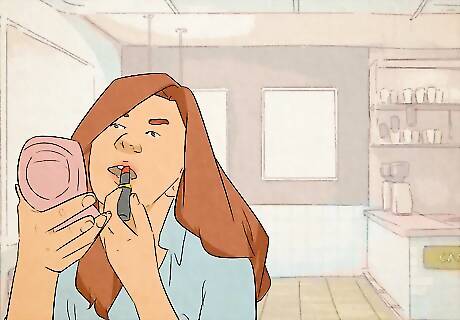
They worry about appearance. A vulnerable narcissist cares about what people think of them and they fixate on how they look in the public eye. Because of this, they’ll often mask their true selves or put on a front to appear better than they really are.
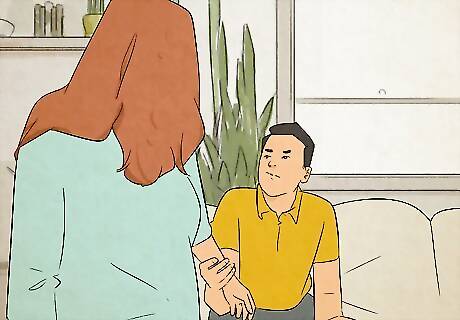
They struggle to form relationships. A vulnerable narcissist’s self-absorption and introversion makes it difficult for them to make lasting bonds. It can be challenging for them to connect with other people because their insecurities tell them they’re unworthy of love.
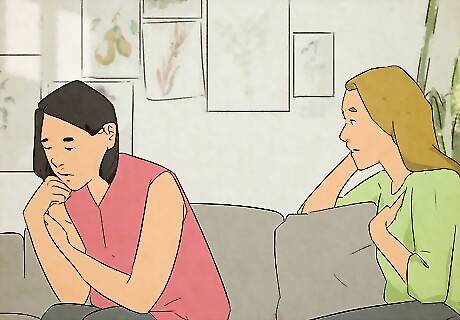
They don’t trust others. When it feels like the entire world is against you, it can be difficult to trust other people. Vulnerable narcissists struggle to trust even those closest to them because they’re scared of getting hurt.

They get jealous easily. Vulnerable narcissists are constantly comparing themselves to others and when they fall short, they become incredibly envious. When others experience success, they tend to get jealous and competitive. This behavior pushes other people away and makes it hard for vulnerable narcissists to form healthy relationships.
Dealing with a Vulnerable Narcissist
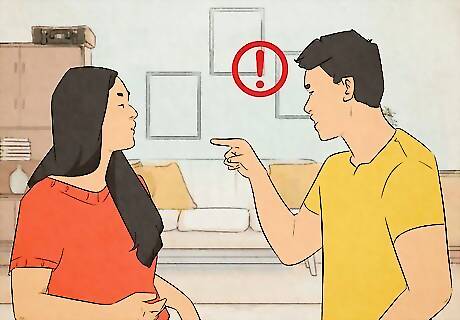
Recognize the signs. One of the best things you can do when dealing with narcissistic behavior is to acknowledge when and how it affects you. Vulnerable narcissism can be harder to detect than overt narcissism, but an exaggerated sense of self or a need for constant validation can be warning signs.
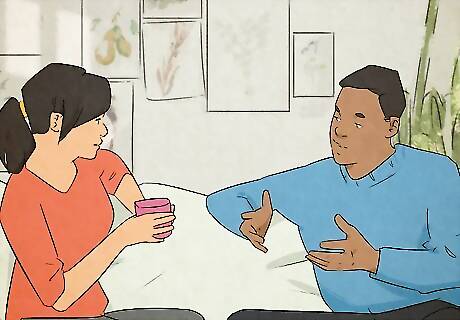
Set boundaries. Communicate what you need in the relationship, and don’t back down. Setting firm boundaries can help you live and deal with a vulnerable narcissist. If they cross a line, hold them to it.

Try not to take things personally. Detaching from a narcissist can help you separate yourself from them. While their behavior shouldn't be excused, understand that it stems from a traumatic past. It can be difficult for a vulnerable narcissist to express their feelings (especially love), so don’t be afraid to confront them about their behavior and express why it can be upsetting.

Let them be uncomfortable. Try to avoid the urge to console a vulnerable narcissist. If their ego or feelings get hurt because of their narcissistic behavior, let them hurt. Putting your own emotions aside to comfort them won’t help them in the long run.
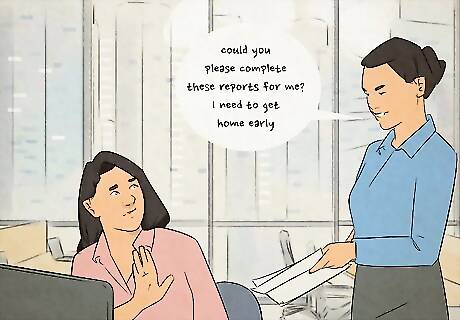
Look past their charade. Vulnerable narcissists will put up a front if they know it’ll please you. So, if you’re upset with them, do your best not to fall for their tricks.
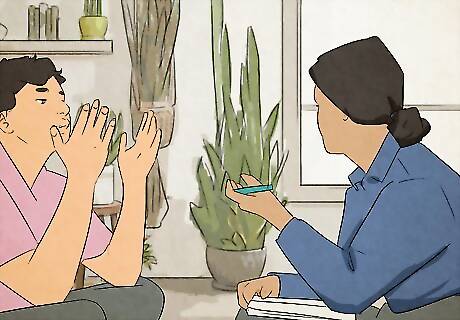
Ask for help. It’s easy to question yourself when you’re around a narcissist, so don’t be afraid to reach out to someone. Talk to a friend, loved one, or therapist. Confiding in someone else can help you see the situation more clearly and remind you of your worth. If you believe you have vulnerable narcissistic tendencies, talk to a therapist to start a long-term psychotherapy treatment to understand and reverse your behaviors and anxieties.
Other Forms of Narcissism

Vulnerable narcissists aren’t as intentional as other narcissists. Generally, grandiose or covert narcissists are more extroverted than vulnerable narcissists. They tend to be arrogant and insensitive to other people’s needs. On the other hand, vulnerable narcissists are a bit harder to identify, as they have more introverted and empathetic-like qualities. Their narcissistic behaviors aren’t intentionally malicious, just misunderstood. Vulnerable narcissists fear criticism and mask their true selves to avoid critique. They also deal with self-doubt and struggle with confidence. Grandiose narcissists believe they’re better than everyone else (despite their insecurities) and will often take leadership positions because of it. A narcissist can be both grandiose and vulnerable. For instance, when they’re called out on arrogant or selfish behavior, they may revert to vulnerable behaviors to reconcile and mask their shame.












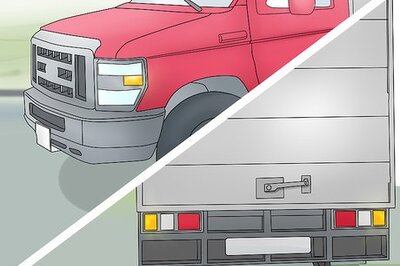







Comments
0 comment